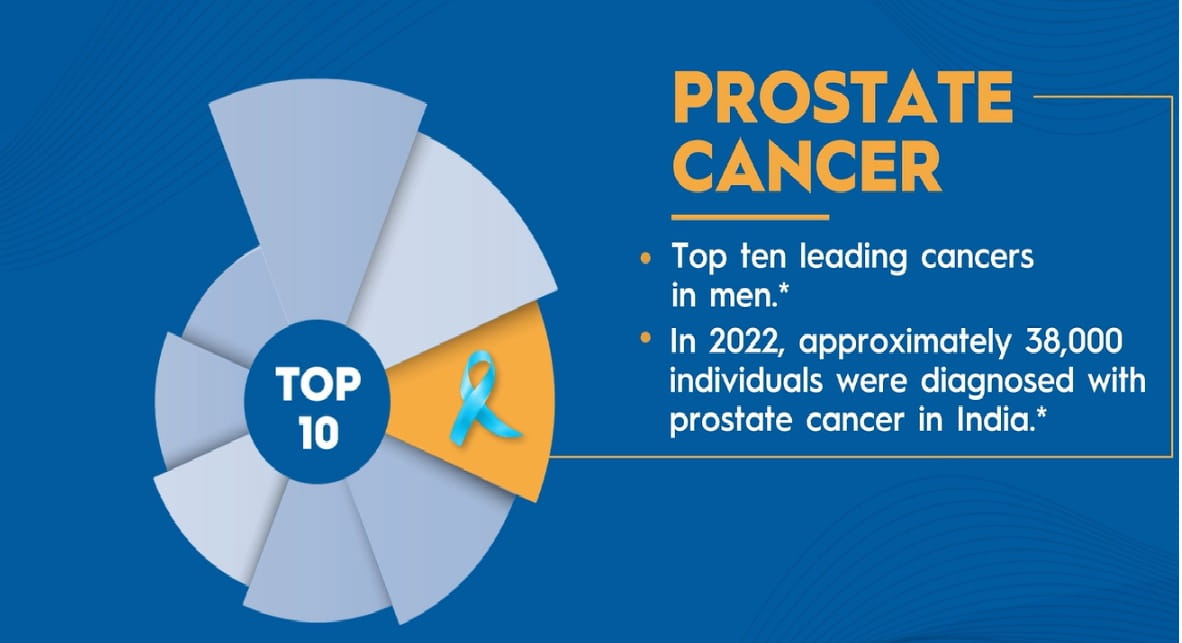Introduction
The incidence of prostate-specific antigen (PSA) persistence and relapse after radical prostatectomy (RP) for prostate cancer (PCa) has had a wide range of incidence. There is limited data on its implication and subsequent treatment is limited therefore the aim of this study was to describe incidence and prognostic implications of PSA persistence and relapse after RP.
Materials and Methods
This was a register-based cohort study which included men diagnosed with PCa and underwent RP. Competing risk cumulative incidence curves were used to estimate risks, risk of PSA persistence and relapse was classified according to the PCa risk categories. PSA persistence, relapse risk groups from the European Association of Urology, time to relapse, and life expectancy based on age and comorbidities were used to classify treatment following persistence or relapse, as well as the risk of PCa death and other causes.
Results
-
Among 10,700 men, 2,755 (26%) were diagnosed with low-risk PCa, 6,368 (60%) with intermediate-risk PCa and 1,577 (15%) with high-risk PCa.
-
The 10-year risk of PSA persistence or relapse after RP was 34% (95% CI, 32-35%).
-
758(7%) men had PSA persistence
-
836 (7.8%) men had high risk relapse
-
619 (6%) men had low risk relapse
-
Within 12 months 75% of men with PSA persistence, high-risk relapse or early relapse (<2 years) received treatment.
-
Men with longer life expectancy were more likely to receive early treatment compared to those with shorter life expectancy.
-
The 10-year risk of PCa death had the following ranges:
-
12% for men with PSA persistence
-
2% in men with low-risk replase
-
11%-16% was due to other causes
-
8.5% after early relapse (<2 years)
-
1.4% after late relapse (>5 years)
Conclusion
It was concluded that within a span of 10 years 1/3rd men would have PSA persistence or relapse. Depending on the characteristics of the cancer and the duration to relapse, the risk of dying from PCa varied greatly. There was a significant risk of dying from other reasons. Men who experience PSA persistence or relapse should be treated based on these considerations as well as life expectancy.
European Association of Urology, 21-24 March 2025, Madrid, Spain



